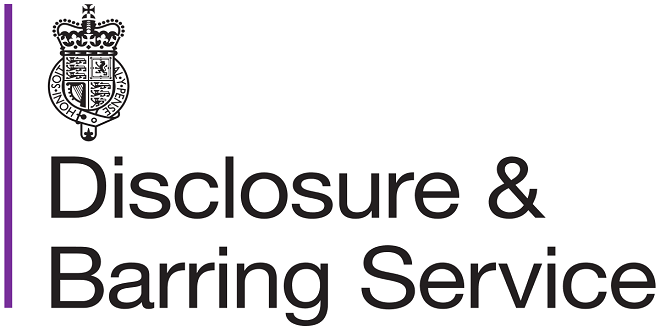The Vital Importance of Pulse Oximeter Sensors in Modern Medicine

In modern medicine, technology has taken center stage in improving patient care and outcomes. One such technological advancement is the pulse oximeter sensor – a device that measures oxygen saturation levels in the blood non-invasively. Pulse oximetry has revolutionized how healthcare professionals diagnose and treat patients with respiratory illnesses or those undergoing surgery. In this blog post, we will dive deeper into why pulse oximeter sensors are vital to modern medicine and their critical role in saving lives daily. So buckle up as we explore this essential tool for medical professionals!
Advantages and Benefits of Pulse Oximetry Sensor
Pulse oximetry is a medical device that helps measure the oxygen level in your blood. It’s a non-invasive way to check how well your heart is pumping oxygenated blood through your body. A pulse oximeter sensor is placed on your finger, earlobe, or toe. The sensor uses light to measure the amount of oxygen in your blood.
There are many advantages and benefits of using a pulse oximetry sensor. Some of these benefits include:
-It’s a painless way to test for oxygen levels in the blood
-It’s quick and easy to use
-It’s non-invasive
-It’s portable so that it can be used anywhere
-It doesn’t require any preparation
-It provides accurate results
Conclusion
In conclusion, using pulse oximeter sensors in modern medicine is a vital development. They allow medical professionals to make more informed decisions that can save lives and provide invaluable information about a patient’s health and well-being. With their help, doctors and nurses can quickly assess patients’ oxygen levels having to wait for lab results or other tests. As technology improves and becomes more accessible, we will undoubtedly see even more significant advances in how these sensors are used within healthcare settings – making them an essential tool for anyone in today’s medical field. For more information, please get in touch with Unimed.





